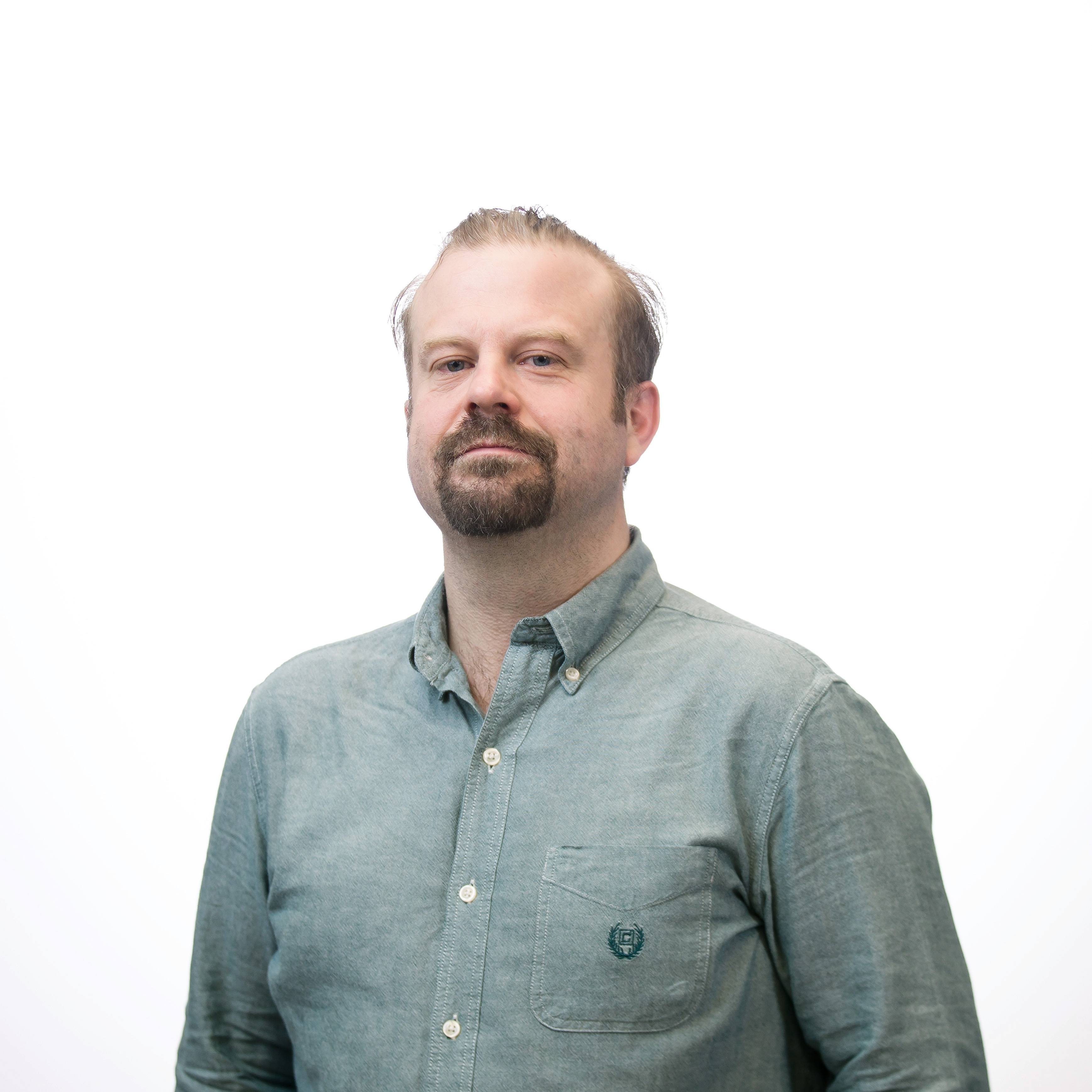Globally, the built environment is responsible for 39% of CO2 emissions and 30% of the world’s waste, with plasterboard the third most used building material on the planet, after concrete and glass. There are approximately 350 million m2 manufactured in the UK each year.
Adaptavate have developed a carbon-negative, drop-in alternative to plasterboard called Breathaboard, as a form of Carbon Capture and Utilisation (CCU), with circularity at the core. It uses a non-gypsum binder, along with agricultural and post-industrial cellulosic wastes to store carbon in buildings. This means Breathaboard is bio-degradable and can deliver benefits to the soil at the end of its life, avoiding disposal in landfill.
As Chief Technology Officer, Jeffrey Ive has oversight of the technical delivery of the breadth of the Adaptavate offering. Like many executives working for a startup or scale up, he recognises that he has done very little career development that has not been learned on the job. He wants to use the Shott Scale Up Accelerator’s coaching to “try and improve my behaviours and approaches, possibly some skills in how I map out progress, challenges, and opportunities across the stakeholder range”.
He also sees mentoring as a way get some technical insight into guiding the company technical strategy and as a sounding board for key decisions working with someone with more experience. The networking opportunities allow discussion of similar issues with people of a like mind and working on similar problems can be emotionally supportive as much as pragmatic and progressive.
Adaptavate are working to deliver an industrial demonstrator, taking their learnings from their pilot line and scaling up production, to give licensees full confidence not only in the product readiness, but also the manufacturing readiness levels. This is a forerunner to having a product ready for sale, cost optimised, certified, and ready for market adoption.

